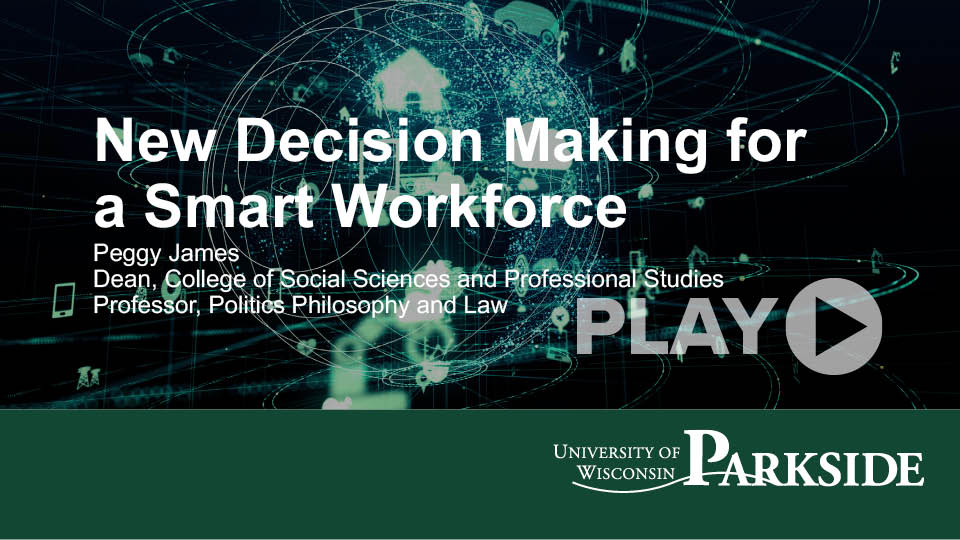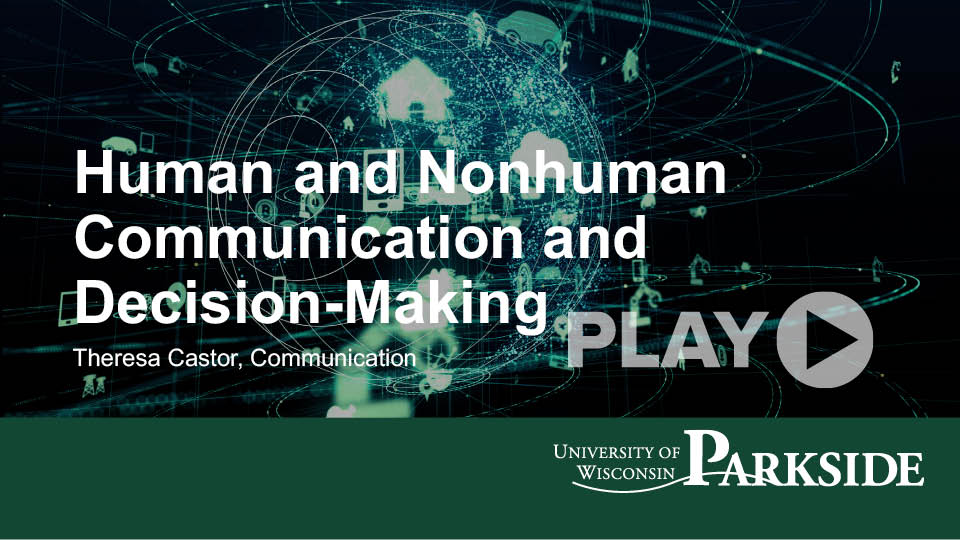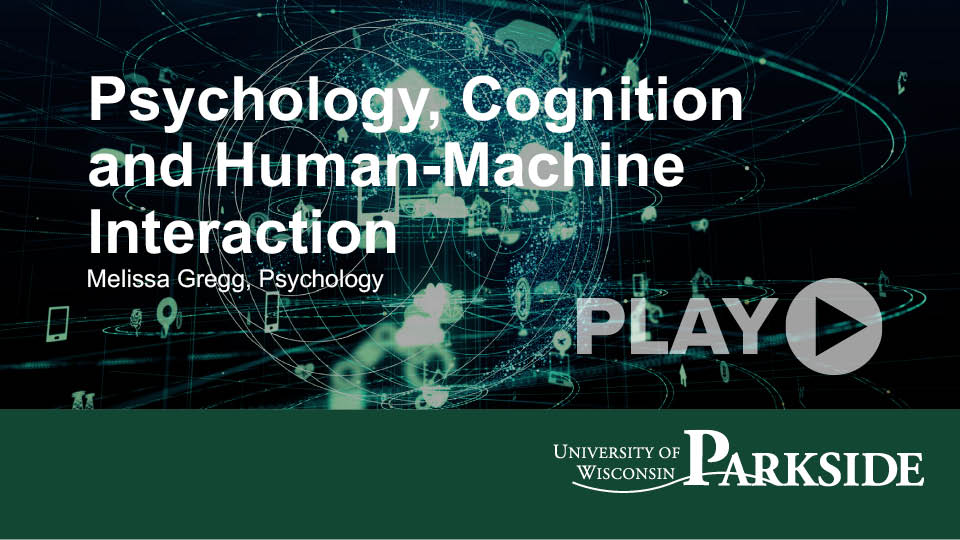Future Workforce in Smart Manufacturing Grant
A National Science Foundation Planning grant on the Future of Work at the Human-Technology Frontier
This initiative to research “Essential Decision-Making Skills for the Future Workforce in Smart Manufacturing” is sponsored through a National Science Foundation planning grant for the ‘Future of Work at the Human-Technology Frontier’ program (NSF Award #2026283). We seek to identify essential decision-making skills for worker success in Industry 4.0 and to develop training resources to support worker learning for effective and adaptable decision-making. The Principal Investigators are Professors Theresa Castor (Communication), Peggy James (Political Science), and Melissa Gregg (Psychology).
PROJECT SUMMARY
In 2019, there were over 15.7 million workers in manufacturing, making it the fourth largest industry in the United States. In the next decade, many workers in manufacturing will be displaced; others will see their jobs eliminated. Nearly 10% of the jobs in manufacturing will be entirely new. Manufacturing is increasingly relying on smart technologies such as artificial intelligence, the Internet of things, robots, cobots, and more. Preparing workers for this fourth industrial revolution is not simply about training the workforce to push different buttons or monitor screens. Such an approach would only prepare workers for the machines of today and would fail to address decision-making skills needed to be adaptable to the new smart-technology enabled workplace. This project will identify the specific decision-making skills that are needed for the current workforce to be successful in smart manufacturing facilities. The results from the project will help local and regional agencies create plans and prepare the workforce to ride the tide of technological change as manufacturing facilities adopt smart technologies.
This one-year planning project takes an integrative and multi-layered approach to understanding worker decision-making in smart manufacturing. The project aims to gather information on worker decision-making in smart factories to identify decision-making competencies. These case studies, along with an experimental psychology project, swarm optimization analysis, and advisory group convenings will be used to develop a smart factory worker readiness survey to identify individual strengths and gaps in essential decision-making skills. The project result will be the development of online training modules to assist current and future workers in the manufacturing industry work be more effective decision-makers.
OBJECTIVES
- Identify worker decision-making skills for smart manufacturing
- Develop a worker readiness assessment survey for smart manufacturing decision-making
- Develop online trainings modules for training on decision-making skills from integrative approaches
- Develop academic-community-industry partnerships
- Facilitate long-term and broad-impact of project results
CONTACT
Theresa Castor | castor@uwp.edu | 262-595-2252










